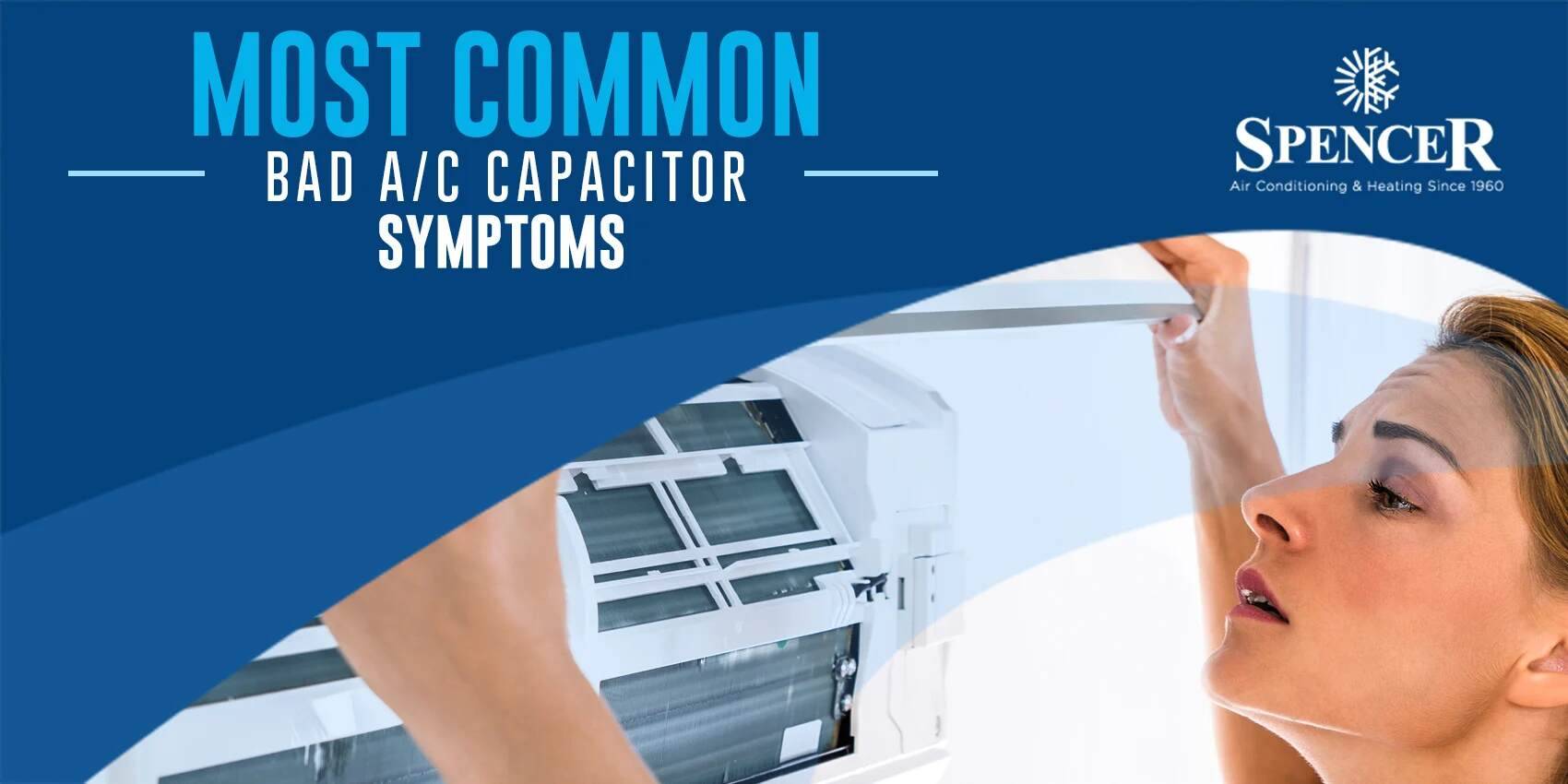We are just a few days away from the spring season. Is your A/C ready for warm weather? If not, then start inspecting its components. One of the parts that play a vital role in your cooling system’s operation is the capacitor. Running your A/C with a bad capacitor can lead to a higher energy bill, costly repair, and unexpected breakdown.
But how you will know if your unit has a bad capacitor? Read on to understand the signs.
Energy Bill Rises
Have you noticed an extreme rise on your utility bill last summer months? A failing capacitor may be the one to blame. With a bad capacitor, your air conditioner could exert extra effort to meet your home’s cooling demand, which leads to higher energy consumption. If you missed your maintenance last summer, do not make the same mistake this spring. Contact your local contractor for professional inspection and maintenance.
Unit Is Not Blowing Cool Air
This is one of the primary signs that your air conditioner has a bad capacitor. If your thermostat is set correctly and you have turned on and off your unit several times, but still no cool air is blown into your home, call your local technician right away. Your unit may have a much larger issue than just a bad capacitor.
Presence of Humming Noise
Air conditioners typically create a sound when they are turned on and off. However, the humming sound that was not there before indicates that something wrong is going on in your capacitor. Tyr to turn on your A/C and if you hear a humming sound, your capacitor could be failing.
A/C Has Power Issues
A capacitor is a machine that sends energy surges to the motor of your air conditioner. This means that if it is problematic, you can encounter power issues in your unit. Your A/C may either fail to turn on or frequently turns off on its own if it has a bad capacitor. Contact your technician for a professional diagnosis this spring season.
Old Air Conditioner
Older air conditioners have higher chances of having a bad capacitor compared to the new ones. Eventually, your old unit might stop working for no reason. Try checking its capacitor and replace it. Call your HVAC company to help determine if you need a unit replacement for an old system or just have to replace the vital parts such as the capacitor.
A bad or failing capacitor in your cooling system should be addressed and fixed right away. This coming spring season, be sure to stay on top of the important upkeeps for your cooling system. Contact our team at Spencer Air Conditioning and Heating if you need expert inspection and maintenance.
Menu
Most Common Bad A/C Capacitor Symptoms
Proudly providing Air Conditioning & Heating service and replacements to Irving, Dallas, Fort Worth, Coppell, Flower Mound, Plano, Frisco, Bedford, Euless, Colleyville, Hurst, Arlington, Addison, Carrollton, Farmers Branch, Grand Prairie, Grapevine,Highland Park, University Park, Garland, Keller, Lewisville, Richardson, North Richland Hills, Southlake, The Colony, and other surrounding cities in Dallas County, Tarrant County, Collin County, and Denton County
Quick Links
Location
Spencer Air Conditioning & Heating
License: TACLB27949E
Phone: 972-446-2665 / 972-316-9405
Fax: 972.253.5326
Email Us





